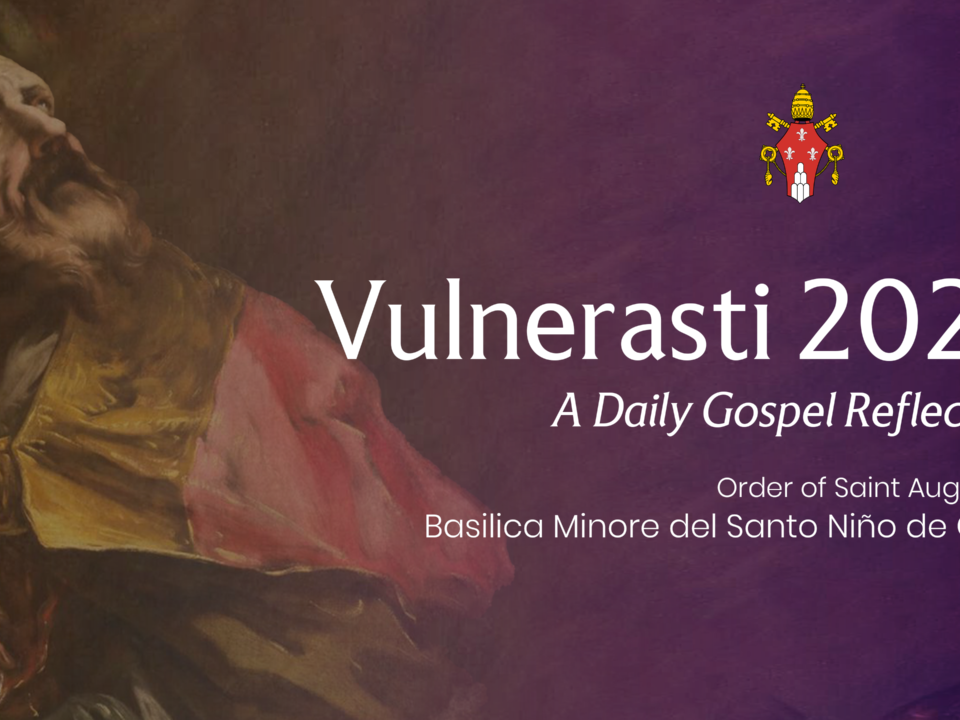Friday of the Fifteenth Week in Ordinary Time

Today’s Reflection
Gospel: Matthew 12: 1-8
July 18, 2025 | Friday
Today’s Gospel
It happened that, Jesus was walking through the wheat fields on a Sabbath. His disciples were hungry; and they began to pick some heads of wheat, to crush and to eat the grain. When the Pharisees noticed this, they said to Jesus, “Look at your disciples! They are doing what is prohibited on the Sabbath!”
Jesus answered, “Have you not read what David did, when he and his men were hungry? He went into the House of God, and they ate the bread offered to God, though neither he nor his men had the right to eat it, but only the priests. And have you not read in the law, how, on the Sabbath, the priests in the temple desecrate the Sabbath, yet they are not guilty?
I tell you, there is greater than the temple here. If you really knew the meaning of the words: It is mercy I want, not sacrifice, you would not have condemned the innocent.
Besides, the Son of Man is Lord of the Sabbath.”
Today’s Reflection
In the Gospel reading, Jesus and the disciples were walking through a wheat field. Being hungry, the disciples picked some heads of wheat, crushed them, and ate them. The Pharisees immediately criticized the disciples not for gleaning the wheat but because it was done on the Sabbath day. In the minds of the Pharisees, who interpreted the Sabbath laws strictly, the act was tantamount to harvesting, which is proscribed on the Sabbath day.
To the Pharisees who criticized the actions of the hungry disciples for gleaning grain on the Sabbath, Jesus cited two examples to which the Pharisees did not object. First, because they were hungry, David’s soldiers went to the house of God and ate the bread offered to God. Under the law, only the priests are allowed to eat it. Second, Jesus pointed out how the priests in the temple worked on the Sabbath. Jesus reproached the self- righteous Pharisees for their highly legalistic and literal application of the commandment by declaring. “It is mercy I want not sacrifice.”
Jesus teaches that love is the firm foundation of the law and gives it life. Our obedience and observance of the law must arise not from rigidity and fear but as an expression of our loving relationship with God and one another. He then declares, “The Son of Man is the Lord of the Sabbath.” As Lord, He is not bound by these rules, and as He sees the disciples as innocent, then they are innocent.
May we not immediately condemn, criticize, censure, or castigate an offender. Rather, we first consider his or her circumstances and view them with charity, compassion, or clemency before we judge, not severely but in moderation, not scathingly but with sympathy, not to repress but to reform. May God’s love be present in all aspects of our lives so we become His living Reflection of His love to the world.
/Vulnerasti, 2025



